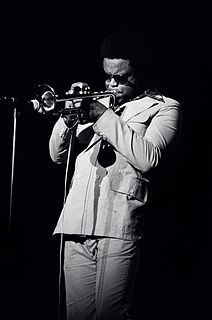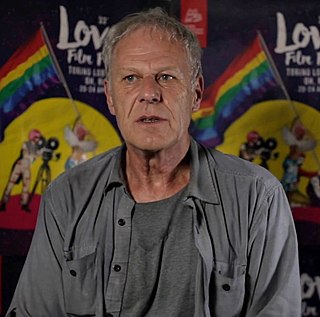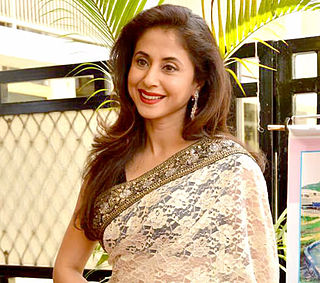A Quote by Vijay Iyer
It doesn't matter if it's jazz or not. It's about how we listen, how we interact, how we guide our attention when we're listening, and how we can refine what we're doing musically. Also how we can create our own music, and what opportunities that can bring us, as creative musicians. And then insisting that musicians put themselves through an intellectually rigorous process, which involves a lot of reading and writing, while insisting that music scholars think about ethics.
Quote Topics
About
Also
Attention
Bring
Create
Creative
Creative Music
Doing
Ethics
Guide
How
Insisting
Intellectually
Interact
Involves
Jazz
Listen
Listening
Lot
Matter
Music
Musically
Musicians
Opportunities
Our
Own
Process
Put
Reading
Reading And Writing
Refine
Rigorous
Scholars
Themselves
Then
Think
Through
Us
Which
While
Writing
Related Quotes
Beyond that, it gets down to the nuts and bolts of discipline - not a tradition or genre, I don't care about that, actually - but discipline in the sense of just working on music and working on thinking about music. It doesn't matter if it's jazz or not. It's about how we listen, how we interact, how we guide our attention when we're listening, and how we can refine what we're doing musically.
Even my colleagues don't read classic criticism. And my feeling is that if you don't do that then you're not really practicing your craft. That's how you learn how to do it. You don't learn how to write about jazz just from listening to jazz. You learn how to write by reading the great writers and how they worked, the great music critics.
Man, you'd be surprised how much I'm learning - not only about myself, but about the musicians who came before me. You don't realize at first when you listen to Armstrong's records how great this man was and how hard that Hot Five music was to play. After the experience of reading and playing those parts, I have an even greater respect for Louis Armstrong than before
I'd rather call it "instrumental creative music," especially the music that I've been doing. If a person would hear that music, they would undoubtedly call it "jazz." There is this whole generation of musicians that are playing and thinking critically for themselves and making music that's relevant to today. I hope that's the objective of a lot of musicians.
When we talk about music, we tend to place our experiences into one of two categories: making the music and listening to it. Delineating the two seems practical and obvious. In reality, though, there are a lot of opportunities for overlap, and it doesn't matter how you get into the music as long as you connect with it.
For people who are coming out of an oral tradition, it is very exciting to get into reading and writing and it is quite interesting how frequently people want to write their own story. Sometimes it is straight history - this is how we came about, how our town was created, a lot of that kind of effort, as soon as literacy came. The first thing you wanted to do was to put something down about who you are or how you are related to you neighbors. Then the next stage would be the stories, the cultural part of the story: this is the kind of world our ancestors made or aspired to.
I promise to do everything in my power to achieve energy independence and to do so within ten years and to stop global warming, which says to the American people that we are about the future, about addressing how we create jobs, how we care for our children, how we grow our economy, and how we preserve our planet.
To spend any time with someone who is among the top five film composers of the last 50 years is pure gold dust. I mean, not necessarily stylistically, because everyone is different in what their music sounds like, but the approach and how to look at a film, how to think about a film, how to decide what you want to do, how to think about characters, how to think about art, how to think about narrative, how to liaise with producers, how to liaise with directors.
The great jazz radio stations have a duty to continue evolving their format just as audiences ask the musicians to evolve. How do you do that with a form of music that has 100 years of recorded history? How do you also keep it contemporary so you don't isolate your listeners? These are major questions.
I will do plays as long as they're interested in having me do them. It's the biggest opportunity to learn the most about how to act. Something I discover every time I'm doing one is how little I know about acting - how important the art of listening is, and how important it is to listen with your entire body. You can tell so much of a story with stillness, and a lot of that can be from really actively listening to your scene partner.



































